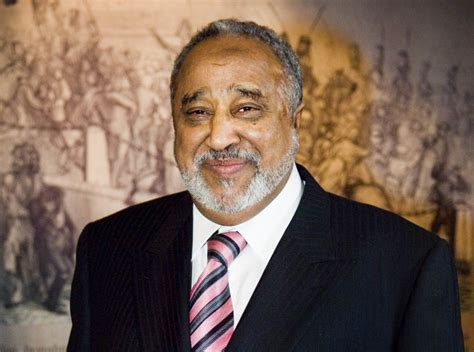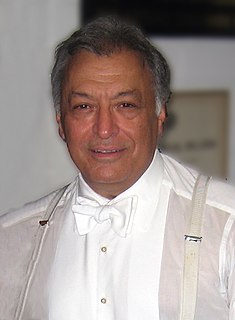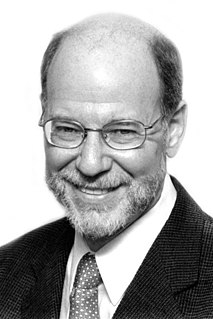A Quote by Zygmunt Bauman
Jews and Gypsies were well-nigh the only Diasporas in 19th century Europe. Now go to London, it is a collection of Diasporas.
Related Quotes
In Europe, you have very different situation than you do in the United States. In Europe, it's very segregated. And you have the diasporas in Belgium that I saw. And they're being radicalized because they're not assimilated with the culture. I don't think we have that same situation in the United States.
I was really interested in 20th century communalism and alternative communities, the boom of communes in the 60s and 70s. That led me back to the 19th century. I was shocked to find what I would describe as far more utopian ideas in the 19th century than in the 20th century. Not only were the ideas so extreme, but surprising people were adopting them.
In the 19th century, when Muslims were looking at Europe as an example, they were independent; they were more self-confident. In the early 20th century, with the fall of the Ottoman Empire, the whole Middle East was colonized. And when you have colonization, what do you have? You have anti-colonization.
I do not know if the doctrine that the nation-state arose in the 19th century was still being taught:;... but it is erroneous. The nation-state reaches back far into the origins of Europe itself and perhaps beyond. If Europe was not always a Europe of nations, it was always a Europe in which nations existed, and were taken for granted, as a basic form of the State.
We had no religion at all, but we were Jews in New Hampshire, and my sister - who is now a rabbi - said it best: We were, like, the only Jews in Bedford, New Hampshire, as well as the only Democrats, so we just kind of associated those two things together. My dad raised us to believe that paying taxes is an honor.





































